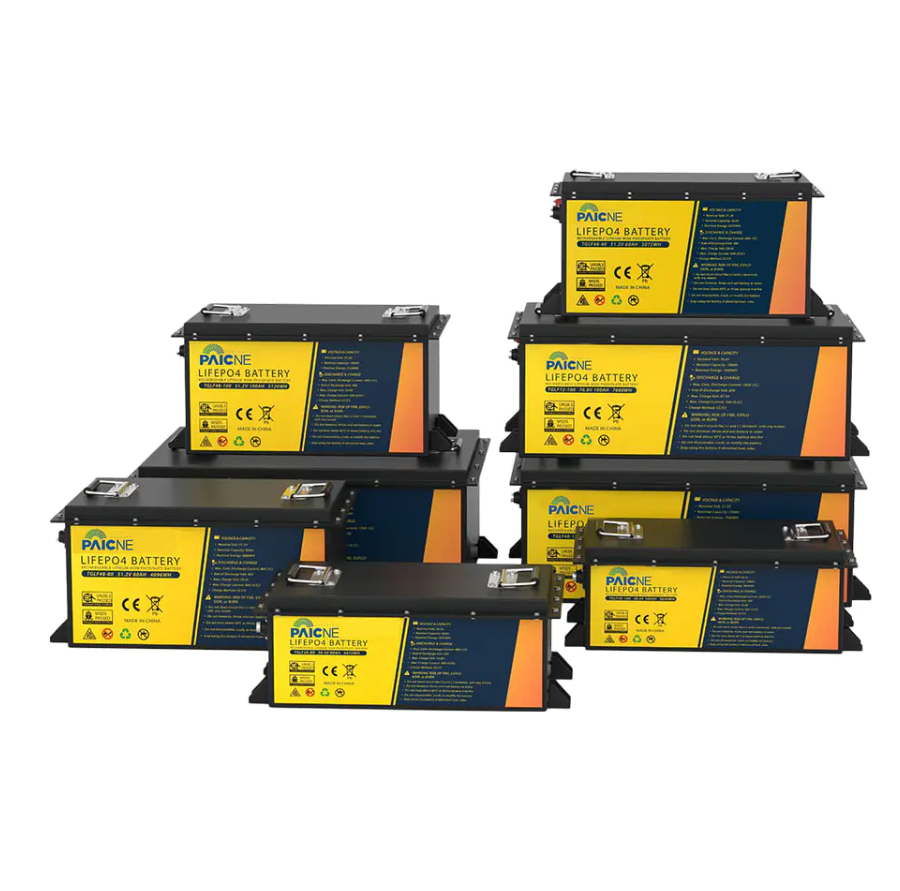Importance of Application-Specific Performance
The adaptability of a Lithium Iron Phosphate Battery across different application scenarios is a key factor driving its widespread adoption. From electric vehicles to large-scale energy storage systems, these batteries must meet diverse performance requirements. Each application imposes unique demands on voltage stability, energy density, safety, and operational lifespan. Evaluating the suitability of these batteries for specific use cases is essential to optimize energy efficiency, maintain safety standards, and reduce overall lifecycle costs compared with conventional battery technologies.
Electric Vehicle Applications
In electric vehicles (EVs), batteries are required to provide high discharge currents, long cycle life, and consistent energy delivery under varying driving conditions. Lithium iron phosphate batteries are particularly well-suited for EVs due to their high thermal stability, low internal resistance, and excellent cycle durability. Their inherent chemical stability minimizes the risk of overheating during rapid acceleration or regenerative braking. Additionally, the long cycle life reduces the frequency of battery replacements, lowering energy and material consumption over the vehicle's operational life. These features make them a safer and more energy-efficient alternative to traditional lead-acid or nickel-based batteries in automotive applications.
Renewable Energy Storage Systems
For renewable energy storage, such as solar or wind power systems, batteries must reliably store and discharge energy over extended periods while maintaining efficiency and safety. A Lithium Iron Phosphate Battery offers excellent performance under daily charge and discharge cycles, even in systems that experience high load fluctuations. Their low self-discharge rate and stability over many cycles ensure minimal energy loss, making them ideal for storing renewable energy for later use. Moreover, their robustness in temperature extremes helps maintain performance without requiring excessive cooling, enhancing overall energy efficiency compared with conventional storage solutions.
Industrial and Commercial Applications
In industrial and commercial settings, these batteries are used in uninterruptible power supplies (UPS), backup power systems, and heavy-duty equipment. The ability to handle high power demands, maintain voltage stability, and resist degradation under continuous cycling makes them highly reliable. The reduced maintenance requirements, longer lifespan, and improved energy retention of lithium iron phosphate batteries contribute to lower operational costs and reduced energy waste. This efficiency advantage is particularly significant in large-scale deployments, where traditional batteries would require frequent replacement and additional energy for charging.
Energy Efficiency Advantages Compared with Traditional Batteries
Across all applications, these batteries outperform traditional lead-acid and nickel-based alternatives in energy efficiency. Low internal resistance and optimized charging characteristics reduce energy loss during operation. Long cycle life minimizes replacement frequency, decreasing material consumption and the energy required for manufacturing new batteries. Intelligent battery management systems further optimize charge and discharge cycles, ensuring maximum energy utilization and minimal waste. These advantages make lithium iron phosphate technology both environmentally friendly and cost-effective over its operational lifespan.
The Lithium Iron Phosphate Battery demonstrates exceptional versatility across electric vehicles, renewable energy storage, and industrial power applications. Its high thermal stability, long cycle life, and low internal resistance ensure reliable performance under varying demands while enhancing energy efficiency compared with traditional battery technologies. By providing safe, durable, and efficient power, these batteries are an ideal choice for diverse applications that require dependable energy storage, reduced operational costs, and sustainable performance.
Product Features:
1. High energy density: Lithium iron phosphate batteries have a high energy density, providing longer usage time and higher power output.
2. Long life: Lithium iron phosphate batteries use advanced materials and manufacturing processes, resulting in a longer service life and the ability to withstand more charge and discharge cycles.
3. High temperature tolerance: Lithium iron phosphate batteries can operate normally in high-temperature environments without being damaged or reducing performance due to excessive heat.
4. Fast charging: Lithium iron phosphate batteries support fast charging, allowing them to be fully charged in a short time, improving efficiency.
5. Safety performance: Lithium iron phosphate batteries have high safety performance, ensuring no explosion or fire hazards occur, making them safer and more reliable for use.
